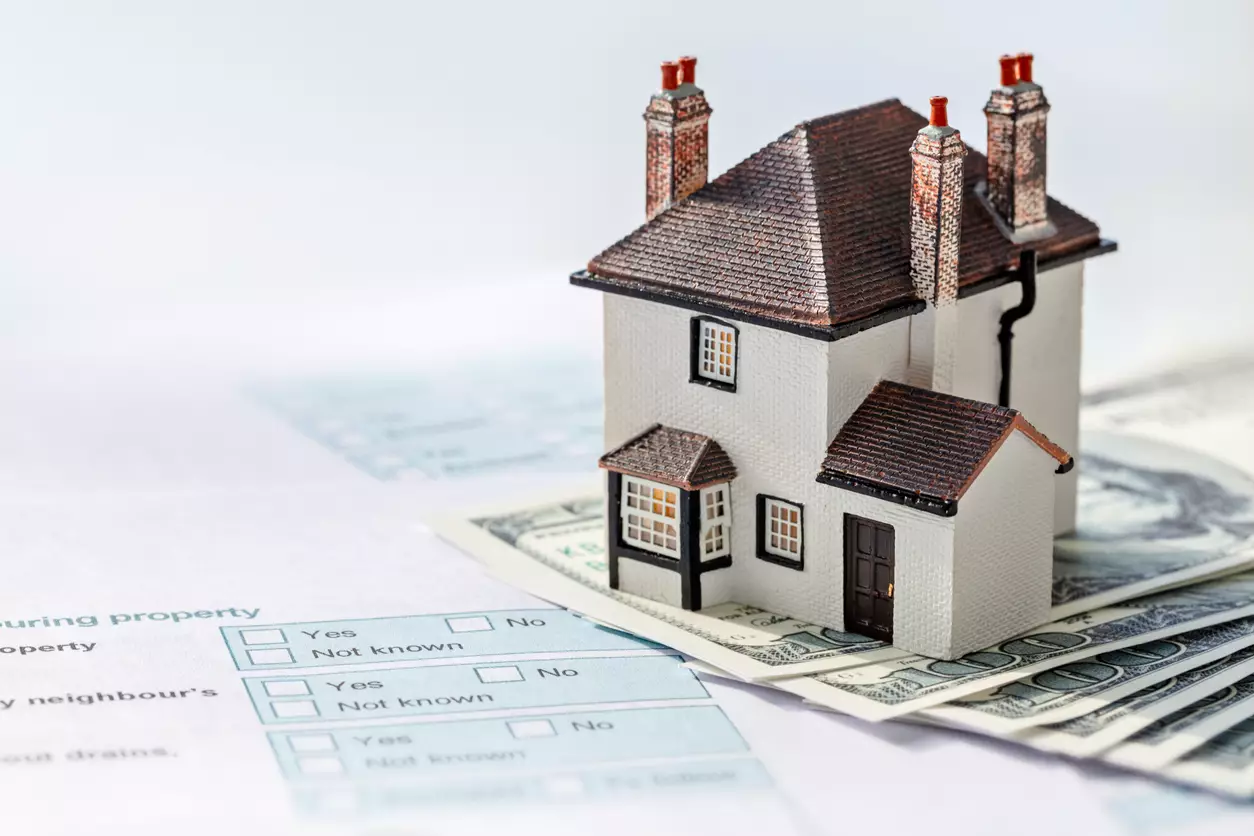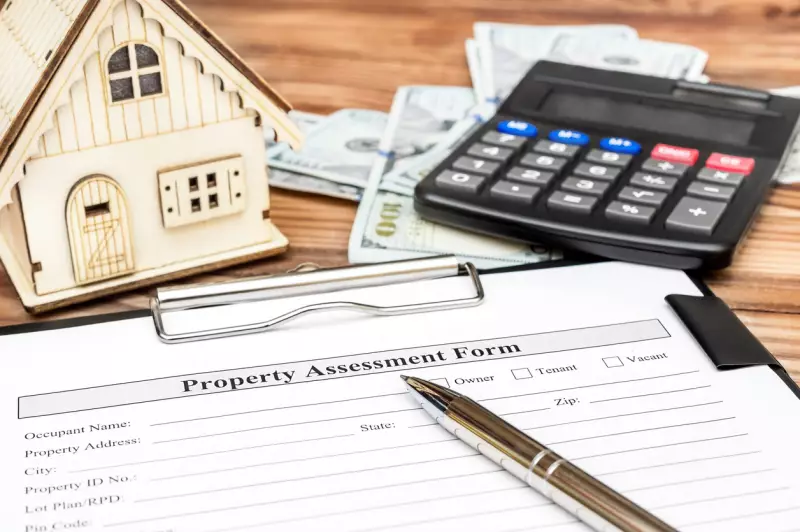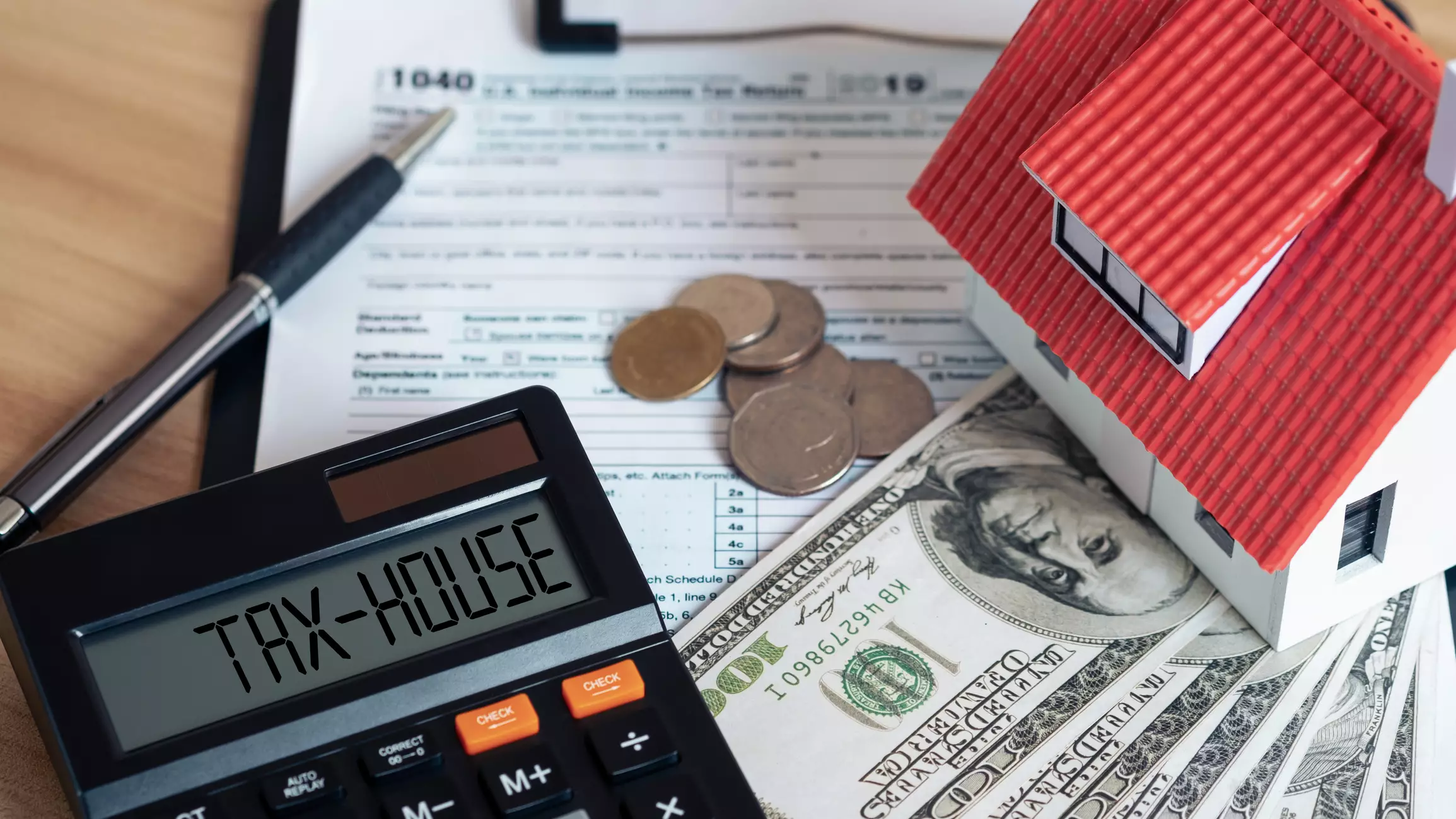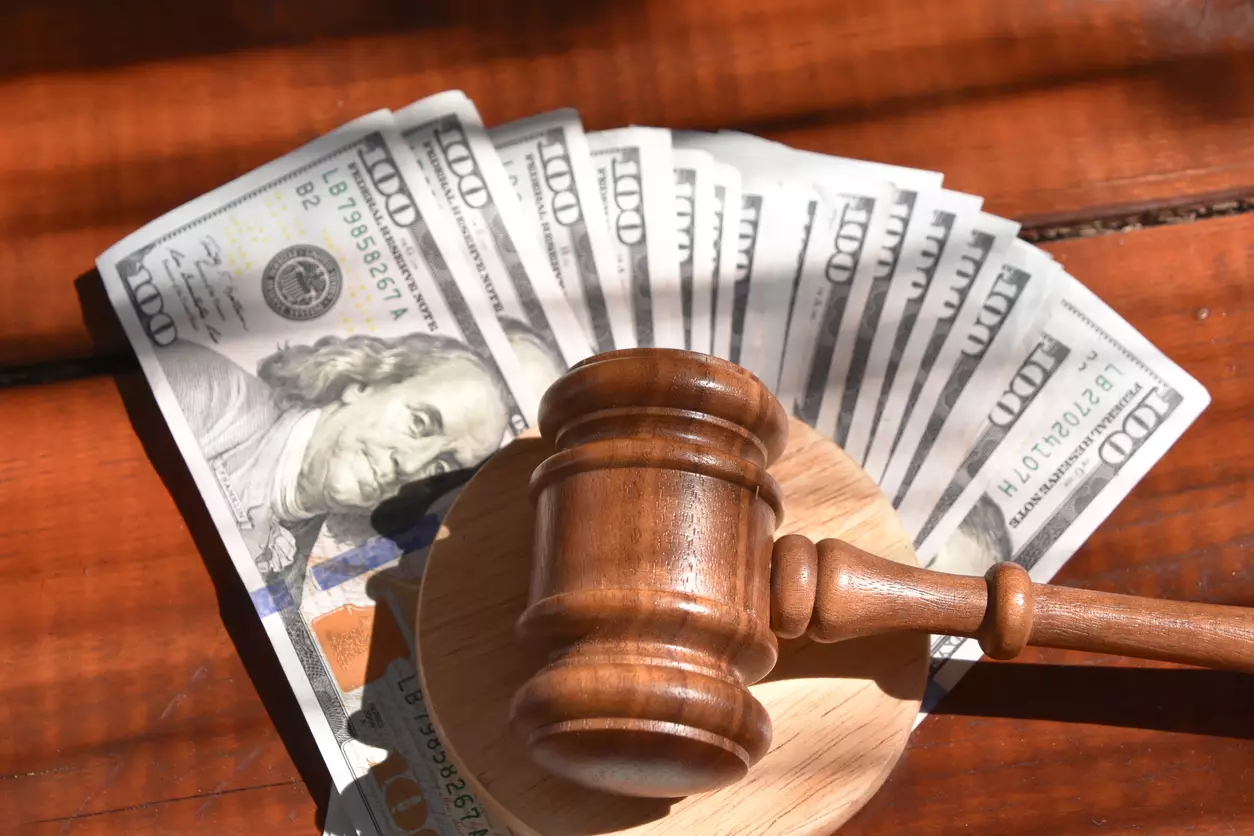What Is Property Tax?

Table of Contents
- What Is Property Tax?
- Key Factors to Know About Property Tax
- Property Value
- Location
- Government Policies
- What Is Property Tax Used For? How It Benefits the Community
- Personal Property Tax vs. Real Property Tax: What’s the Difference?
- Examples of Personal and Real Property Tax by State
- What Is a Property Tax Assessment? Everything You Need to Know
- How Property Taxes Are Calculated Based on Assessments
- Property Tax Exemptions: Are You Eligible?
- What Is the Average Property Tax Rate in the U.S.?
- Financial Impact: How Taxes Affect Homeowners
Whether you already own a home or are investing in real estate to add to your portfolio, you must understand property taxes and how they factor into your monthly mortgage payments. Property taxes are crucial in funding public services and can significantly impact property ownership costs. If you live in a county with a 1.3% tax rate, your annual taxes will amount to $3,900 on a $300,000 home.
To understand how property taxes can influence a long-term real estate investment, your taxes will increase as the value of your home rises. If you intend to purchase a rental property, consider increasing property taxes when calculating long-term ROI. In this guide, you'll learn what property tax is, how it works, and why you must grasp its impact on property owners.
Key Factors to Know About Property Tax
When you're trying to understand what property tax is, several factors influence county or local rates, including:
- Location
- Property value
- Government policies
Property Value
Let's say your home's assessed value is $200,000. If its market value increases by $50,000 during the year due to improved market conditions, the assessed value won't be able to match that increase.
The value of your property also influences your annual taxes. A higher property value will come with elevated taxes unless you qualify for significant tax exemptions. Since the tax rate in your county is applied to the value of your property, an increase in the value will always cause you to pay more taxes. To better understand your tax obligations, it's important to regularly check your property value through assessments or online tools, ensuring you have an accurate estimate of your tax responsibilities.
Location
As for location, keep in mind that tax rates often vary from county to county. In Tennessee, tax rates can be anywhere from 0.37% to 1.37%, depending on the county you live in. You should also know that some states don't have a mandated property tax. In this scenario, tax rates are set by local jurisdictions.
Government Policies
While your annual property taxes will often increase because of a rise in the value of your property, your county can also implement a rate hike. Many states limit how much tax rates can increase from year to year. For example, if you buy a home in Alabama, the property's assessed value can only increase by 7% from one year to the next.
Counties typically use their annual budgets to identify if they need to increase the tax rate.
What Is Property Tax Used For? How It Benefits the Community
Local governments allocate property taxes to fund infrastructure, emergency services, and schools. The property taxes you pay yearly are highly beneficial to the community since all the funds are used to improve the county or city you live in.
In some counties, this money is used to fund fire and police departments. It can also pay for road construction and other community-beneficial services.
Personal Property Tax vs. Real Property Tax: What’s the Difference?
There's a significant difference between personal property tax and real property tax. When you buy a piece of real estate, you'll pay a real property tax every year. Your property tax is based on the county's current rate.
In many jurisdictions, taxes are levied against certain types of tangible personal property. You can deduct both types of taxes from your federal return. Keep in mind that this deduction is limited to $10,000 per year. Some examples of personal property tax include movable items like vehicles as well as tools and furniture that you use as part of a business.
Examples of Personal and Real Property Tax by State
Let's look at the average tax rates in some of the states across the country:
- Hawaii: 0.32%
- Alabama: 0.40%
- Mississippi: 0.67%
- North Carolina: 0.82%
- Texas: 1.68%
- New Jersey: 2.23%
The effective tax rate on real estate can differ depending on where you live. There's no uniform tax rate for personal property in the U.S.
Every state has different rules. If you own a car, you should receive a yearly tax bill. The value of your personal property will be assessed each year and taxed at your county's rate. Keep in mind that some states don't tax business property, such as:
- Illinois
- Delaware
- Iowa
- Minnesota
- Ohio
- Pennsylvania
- South Dakota
- North Dakota
- New Hampshire
- New York
- New Jersey
- Hawaii
What Is a Property Tax Assessment? Everything You Need to Know
The tax bill you receive every year is based almost entirely on the assessed value of your home. When the assessor in your county values your property, they will consider the land and the buildings on it.
The assessor can either visit your property directly to determine its value or perform a mass appraisal, which involves using data from every property in the county to identify an average.
Your tax rate includes every local rate from the city, school district, and county, which is known as a mill levy. This levy is applied to the value of your home to determine how much you owe for the year.
How Property Taxes Are Calculated Based on Assessments

Your property taxes are calculated based on assessments. Once you purchase a home, the county or city you live in will task the local assessor with valuing the property. This valuation determines the current market value of your home. After the assessor calculates your market value, they will identify the assessed value.
Keep in mind that the assessed value isn't always the same as the market value. If the assessment ratio in your state is 90%, the assessed value will be 90% of the market value. A home that's priced at $400,000 will have an assessed value of $360,000.
However, exemptions are also deducted from this value before the tax rate is applied to it. If you qualify for a $60,000 exemption, your assessed value will be $300,000. The tax rate in your county will then be applied. Most states require assessors to reappraise homes every year. After your home is appraised, your tax bill will be sent out. This process can vary with each state.
To calculate your property taxes, keep in mind that a single mill is $1 for every $1,000 in a property's assessed value. Let's say that your home has an assessed value of $200,000. If the mill rate in your county is 20, your annual property taxes will amount to $4,000. You can also use your county's tax rate when making this calculation. If the effective tax rate is 1%, your property taxes will be $2,000.
Property Tax Exemptions: Are You Eligible?
To understand what a property tax exemption is, many states across the country offer them. These exemptions are often available to seniors, veterans, or disabled individuals. Some states also provide homestead exemptions to the majority of homeowners.
You may need to be at least 65 years old to qualify for the senior exemption. You'll need to live and own the property on which you claim the exemption. Some states also have income limits. For example, the exemption for disabled and senior homeowners in Tennessee comes with a $36,370 income limit.
What Is the Average Property Tax Rate in the U.S.?

The average property tax rate in the country is around 0.99%, which is well below the states with the highest tax rates. Around 20 states have average tax rates of over 1%. In Illinois and New Jersey, the average tax rate is higher than 2%. Many factors cause these differences, the primary of which is location.
The amount you pay depends on where you live and the value of your property. However, it's also based on the exemptions in your area and the assessed ratio that your state uses. The assessed ratio can be anywhere from 10% to 100%. As for exemptions, Hawaii offers some of the most generous. In Honolulu County, the current exemption is $100,000. If you qualify for this exemption, your home's assessed value could be reduced by $100,000.
Financial Impact: How Taxes Affect Homeowners
Property taxes play a major role in influencing homeownership costs. These taxes are due every year and must be paid by the date on your bill to ensure they don't become delinquent. If you don't pay your taxes on time, you may eventually lose your home. Once you buy a property, your taxes will influence property values, long-term financial planning, and mortgage payments.
Let's say that your annual tax bill amounts to $3,600. This will be divided into 12 equal payments of $300 added to your monthly mortgage payments. If the value of your property increases, your taxes will also go up.
If you're buying a home, consider how property taxes impact your long-term financial planning. Can you afford to pay several hundred dollars per month on top of the principal and interest you'll already be required to pay on your mortgage loan? By answering this question, you should better grasp your homeownership costs.
Final Thoughts on Understanding Property Taxes
Whether you invest in a rental property or buy a single-family home, you'll receive an annual tax bill. While property taxes can be high, the funds are used to pay for services that benefit your entire community. Before purchasing a home, calculate your taxes to determine if you can afford the property. If you want to appeal your property taxes or have a question about your bill, seek professional advice.
Search Property & Deed Records
Table of Contents
- What Is Property Tax?
- Key Factors to Know About Property Tax
- Property Value
- Location
- Government Policies
- What Is Property Tax Used For? How It Benefits the Community
- Personal Property Tax vs. Real Property Tax: What’s the Difference?
- Examples of Personal and Real Property Tax by State
- What Is a Property Tax Assessment? Everything You Need to Know
- How Property Taxes Are Calculated Based on Assessments
- Property Tax Exemptions: Are You Eligible?
- What Is the Average Property Tax Rate in the U.S.?
- Financial Impact: How Taxes Affect Homeowners










